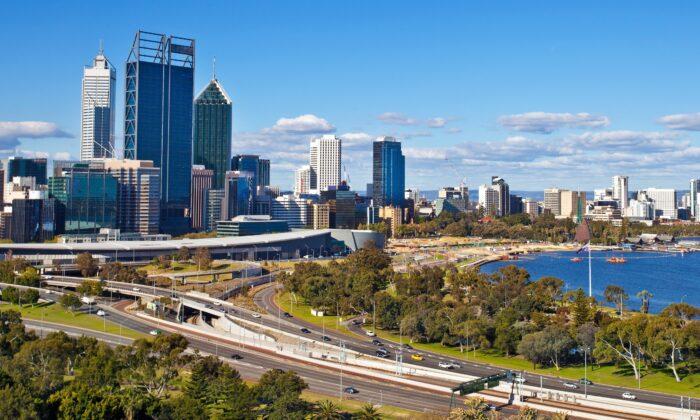Australia’s major political parties have battled over whether or not to allow the nation’s renewable energy agency to fund low-emissions projects based on fossil-fuel technology.
However, the renewables agency was not permitted to bankroll parts of the roadmap, such as carbon capture and storage (CCS)—a process which can be used in conjunction with burning coal or gas to capture carbon dioxide and pipe the emissions into underground reservoirs.
But a second revision of the bill that narrowed the scope of its powers succeeded in making it through Parliament last week, enraging Labor and Greens who are seeking to hit back and annul parts of the legislation allows ARENA to fund CCS.
Greens leader Adam Bandt disapproved of the outcome.
“Angus Taylor’s crusade to spend more public dollars on coal and gas is as shambolic as it is reckless,” Bandt said.

The Australian Conservation Foundation (ACF) had previously said that Taylor’s plan went against the purpose of the agency to fund renewable energy.
“Angus Taylor wanted to turn the Australian Renewable Energy Agency into a body that could be used to fund the Minister’s pet projects, many which have no connection to renewable energy,” said ACF climate change manager Gavan McFadzean.
But Taylor has pushed back, saying that the plan to use CCS would advance Australia’s economic development while also ensuring the nation met its climate change commitments.
“It’s time to ditch the political opportunism and scare campaigns ... and get on with looking at all technologies to ensure we can provide affordable, reliable energy as we bring our emissions down,” he said.
Labor MP Joel Fitzgibbon, one of the only Labor MP’s to back CCS, said that the opposition should be doing more to support the government in its efforts to meet emissions reduction targets.
“Labor should just back whatever the government puts on the table. To do otherwise is to suggest we are not genuinely committed to action on climate change,” Fitzgibbon said.
Hydrogen, and Carbon Capture and Storage
The Federal Government has included hydrogen as a top priority in its Technology Investment Roadmap, lauding the resource as a fuel of the future.In particular, the government has set forth plans to make hydrogen more economically competitive by producing it through burning coal in conjunction with CCS to prevent emissions escaping into the atmosphere.
Taylor pointed to a global climate consensus that CSS was critical in reducing emissions, even if the technology was not yet commercially viable.
“The IEA and IPCC (Intergovernmental Panel on Climate Change) both regard carbon capture technologies as essential to achieving the goals of the Paris Agreement.”
But the technology has been hit with serious backlash from environmental groups for facilitating the continued use of fossil fuels.
The Climate Council, an Australian climate change communications organisation, have said that CCS is also “unproven and expensive.”
“Despite billions of dollars being spent here and overseas, no successful CCS projects exist.”





